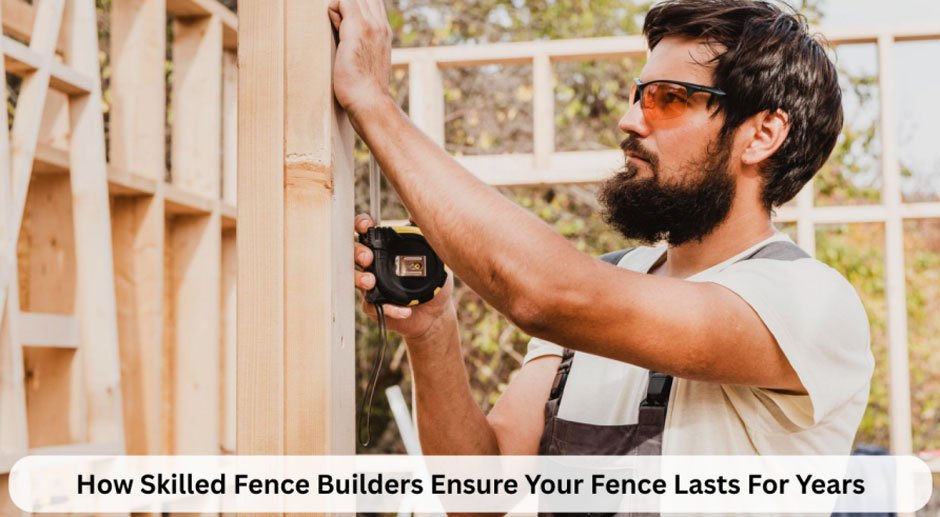 Each fence has a designated lifespan, which can vary from 5 to 50+ years depending on the construction material.
Each fence has a designated lifespan, which can vary from 5 to 50+ years depending on the construction material.
One strategy to extend the durability of your property’s fence is to select a proper fencing material. Another way is to have it professionally installed.
While you may be tempted to install a fence by yourself (ostensibly to save a few bucks), DIY fence installation can prove costly in the long run. Your best bet is to work with a professional.
In this post, we look at the various ways a skilled fence builder can enhance your fence’s longevity.
1. Assisting With Fence Selection
As mentioned, a fence’s construction material determines its durability. A professional fence builder doesn’t restrict themselves to installation work. They can also offer invaluable advice on the right fencing material, based on your budget and the property’s location.
For instance, metallic fences are incredibly durable. Aluminum especially stands out for its unmatched longevity, with an ability to outlive other popular materials like steel and wood.
Aluminum fences can last up to 50 years with proper maintenance. That’s considerably longer than steel and wood, with an average lifespan of 30 and 10 years, respectively.
2. Selecting Treated Fencing Materials
Simply knowing that metallic fences outlast their wooden counterparts isn’t enough. To ensure your fence can withstand the test of time and brave the fury of the elements, a skilled builder will recommend treated materials.
Common aluminum treatment methods include anodizing and powder coating. For steel fences, consider galvanized or stainless steel. And if you prefer the good, old wood, your fence builder will recommend posts that are treated against moisture and pest damage.
3. Burying the Fence Well Below the Frost Line
Now that you’re done with the preliminaries, it’s time to get down to the actual installation work. Any professional fencing contractor would readily know how deep into the ground a fencing post should be buried. 36 inches is the standard depth for most locations.
But depending on your property’s terrain, you could aim for 48 inches or more. This will help secure your fences while keeping them well below the frost line (which should be 6 inches).
Photo Credit: Pixabay.com
4. Securing Fencing Posts Firmly In the Soil
Burying a fence deep into the soil doesn’t automatically guarantee its stability. A skilled fence builder will proceed to secure the posts using proper mechanisms.
Again, options can vary depending on your budget and individual preferences. Concrete provides the most reliable way to secure fencing posts.
If you’re on a tight budget, the fence builder will simply reinforce the base of each post with gravel and then tamp the soil tightly around them. For metallic fences, a builder may require screws and mounting brackets to secure each panel.
5. Ensuring Proper Drainage
Runoff water and violent winds can throw fencing posts off balance. For properties located downslope, the consequences of flooding or gushing winds on freshly installed fencing can be devastating.
Expert fence builders will add a gravel layer underneath each post. This layer firmly anchors the posts, while preventing water from pooling around them and accelerating fungal decay.
A skilled fencing contractor will also identify any municipal water and sewerage lines while installing a fence on your property. Avoiding these channels can prevent undue drainage issues, extending your fence’s lifespan.
6. Reinforcing the Fence for Maximum Security
The whole idea of installing a fence around your property is to enhance your safety.
To deter intrusions, a professional fence contractor will install anti-climbing spikes. The builder may also recommend planting thorny shrubs along your fence’s perimeter.
Obviously, you’ll also need a locking gate and possibly install CCTV cameras.
7. Providing Generous Warranties
Working with a fence installation company is great. However, you may never gauge the contractor’s expertise until the work is done. If problems emerge soon after the installation work, that’s proof that you got the short end of the stick.
Fortunately, you don’t have to make that determination in hindsight. All you need to do is hire an expert fence installation contractor. Many skilled fence builders offer workmanship warranties, which entitle you to free repairs within a specific period.
Note that the actual warranty period will depend on the average durability of your preferred fencing materials. The higher the lifespan, the longer the workmanship warranty.
Photo Credit: Pixabay.com
8. Advising On Ongoing Maintenance
Not all fence builders provide ongoing maintenance. In fact, this isn’t a service you’ll avail on the actual installation day. That said, routine care can prolong your fence’s durability significantly.
At the end of the installation work, a professional fencing contractor will recommend a proper maintenance plan depending on your fence’s material.
Metallic fences are the easiest to care for. Painting and lubrication every few months are all it takes to prevent rusting and corrosion. For wooden fences, you may need to reapply pest and moisture treatments at the specified intervals.
Other general maintenance procedures apply across all fences. They include;
- Trimming adjacent vegetation and overhanging plants
- Repairing damages promptly
- Keeping the adjacent ground clear to prevent moisture build-up
9. Advising On Seasonal Maintenance
Every season presents unique challenges to your property’s fence. A licensed fence builder can help you draft a maintenance plan based on seasonal changes.
For instance, the contractor may recommend clearing debris and applying sealants after the fall. This helps prevent moisture accumulation and damage during winter.
10. Ensuring Regulatory Compliance
Fence installation guidelines vary from one local government to another. Unfortunately, most DIYers aren’t privy to these codes. A professional fence builder would be familiar with the regulations guiding fence depths and heights in your location.
In the City of Overland Park, for instance, local planning codes require fences to be no more than 8 feet tall along a property’s rear and side lines. You need special permits to install a fence longer than 16 feet.
Contravening these statutes may lead to costly penalties, including project reversals.
Photo Credit: Pixabay.com
Tapping Into Professional Fence Installation for Maximum Longevity
Choosing a durable fence is a significant step towards securing your property from intrusions. But with shoddy installation work, even the most robust fencing material won’t last very long.
While installing a fence by yourself may seem like a cheaper alternative, working with a professional can be remarkably cost-effective in the long run.
Skilled fence builders also offer generous warranties. This obligates them to fix any fencing issues that arise within specified timelines after the installation work, further extending your fence’s durability.
When looking for a fence builder, insist on companies with a proven record. Sample online reviews to get insights into the contractor’s expertise. And because each fence installation work is unique, choose a builder with verifiable experience working on similar projects.
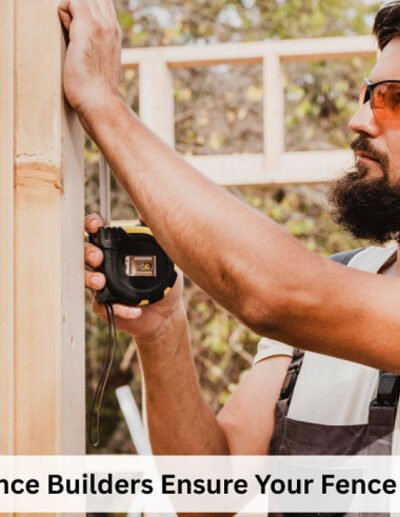
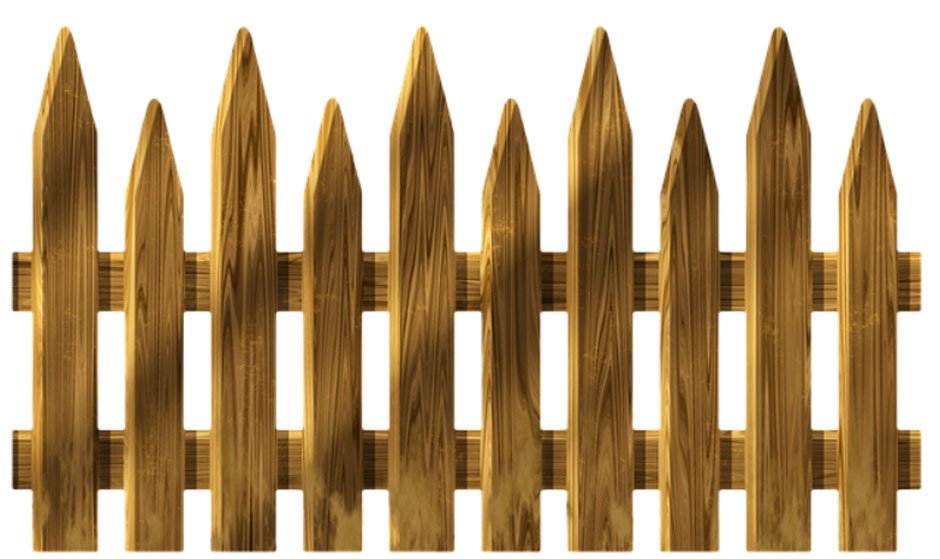
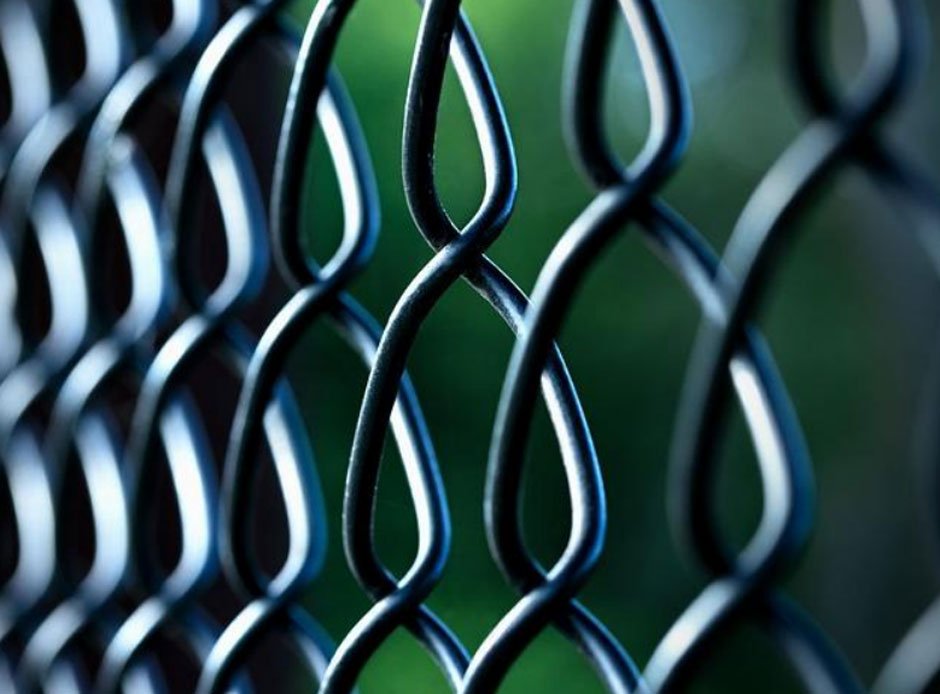
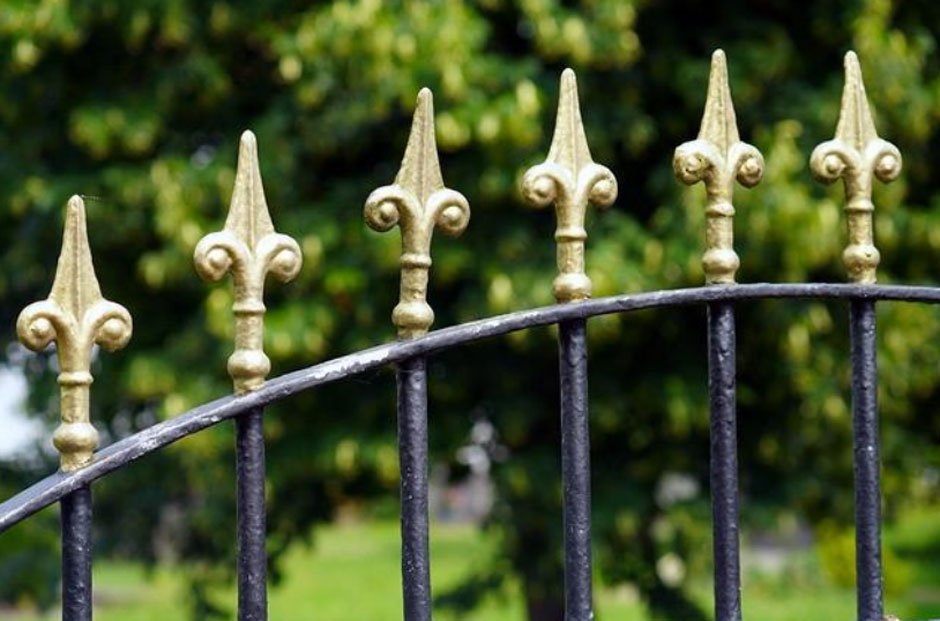




Leave a Reply